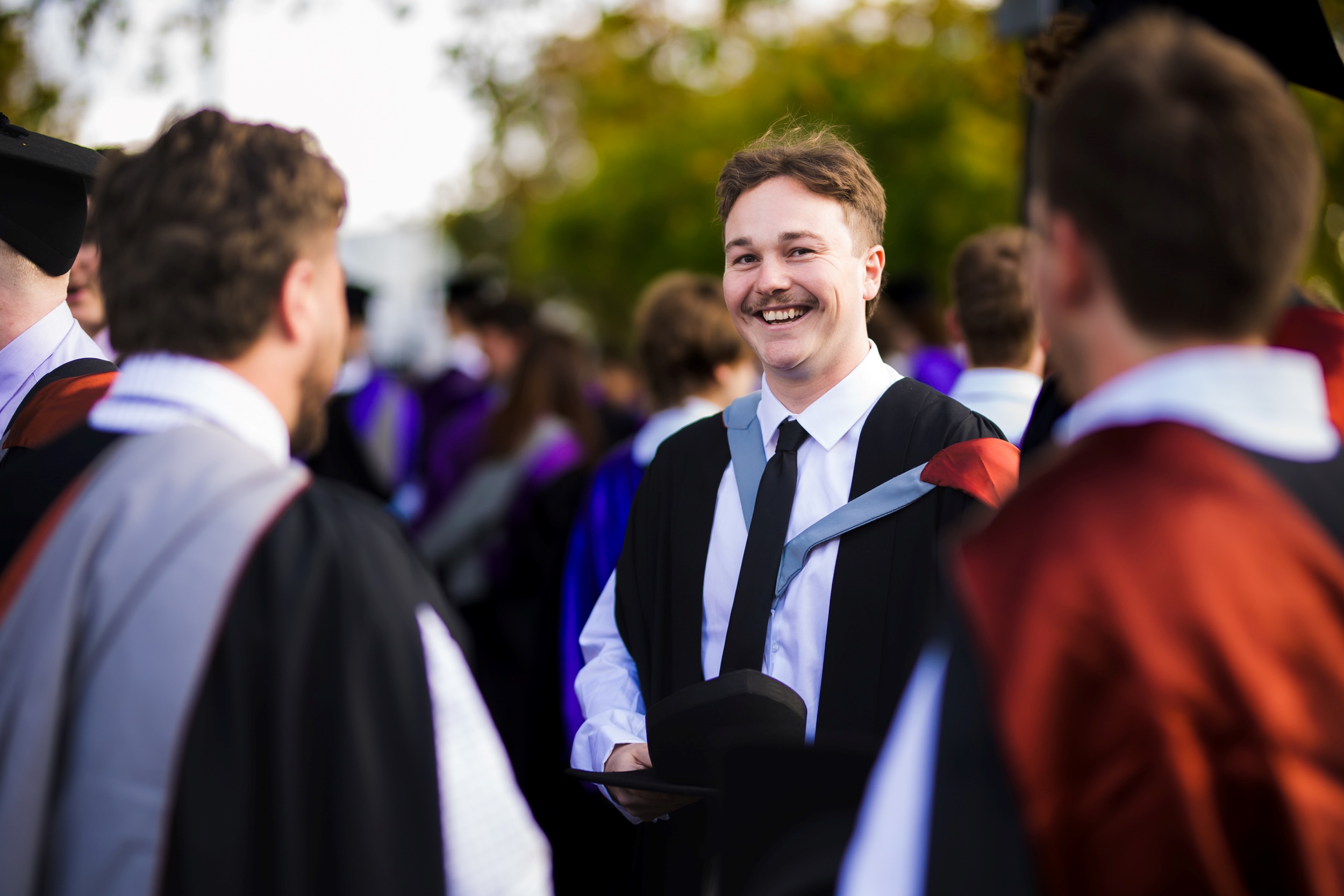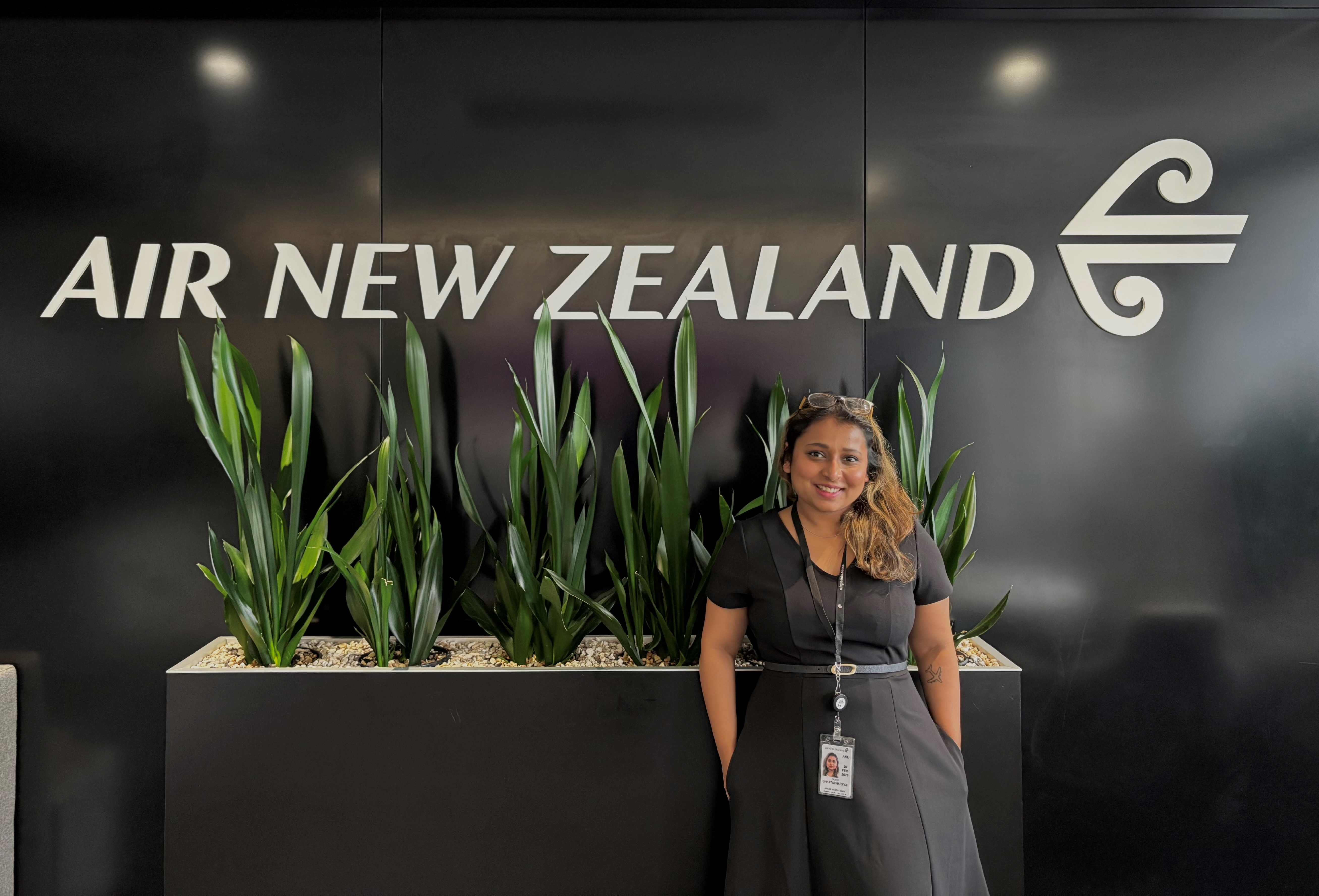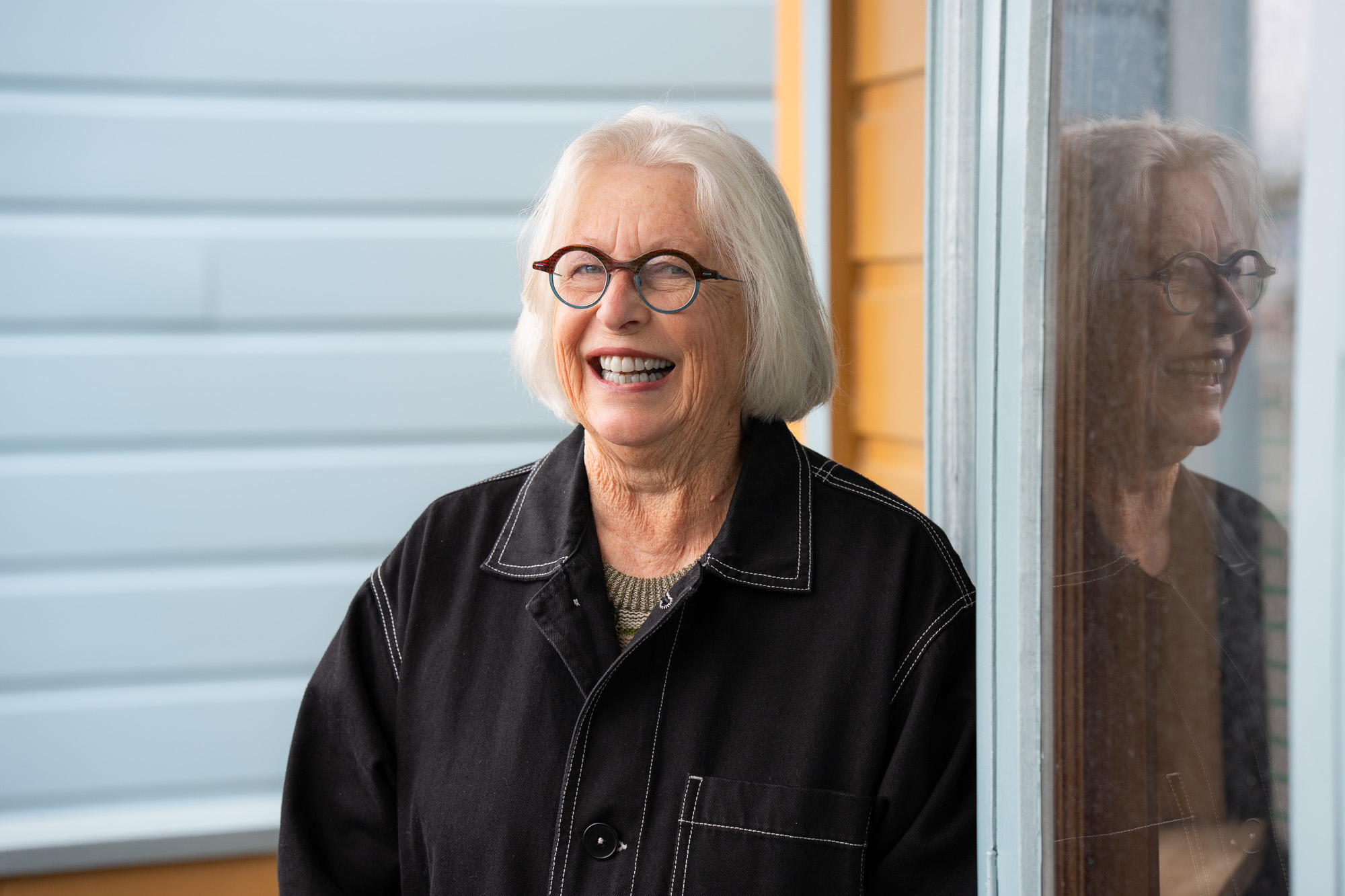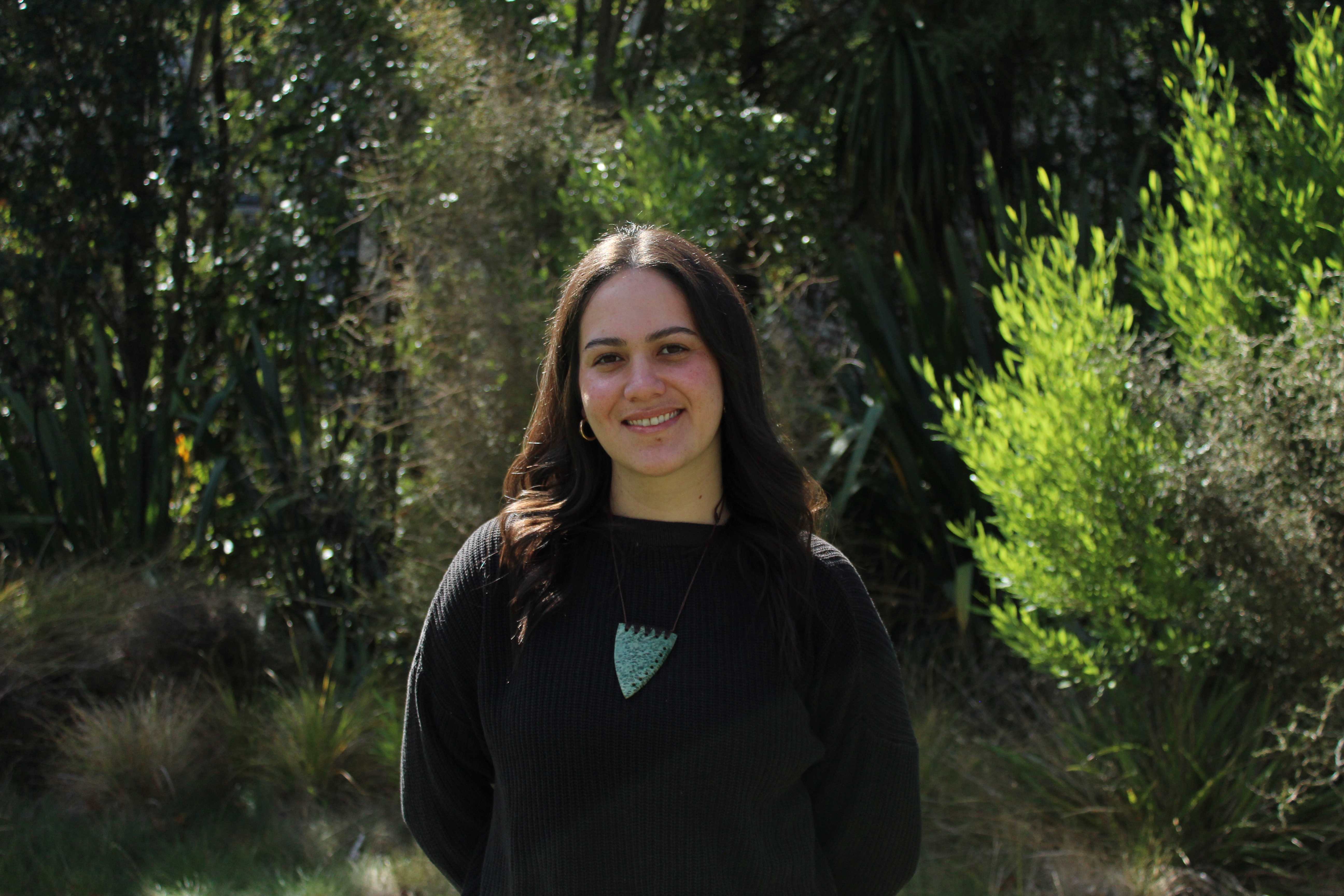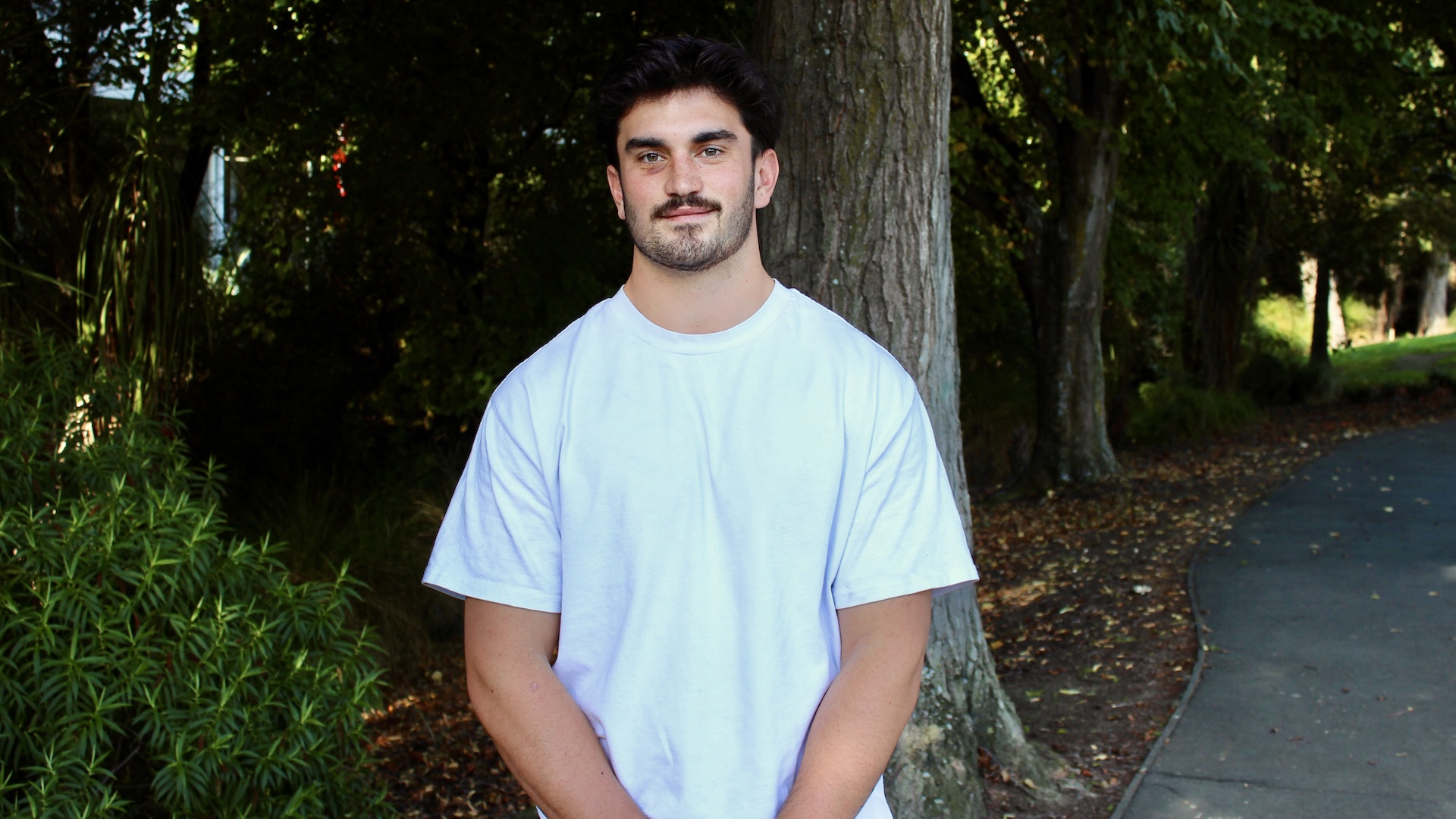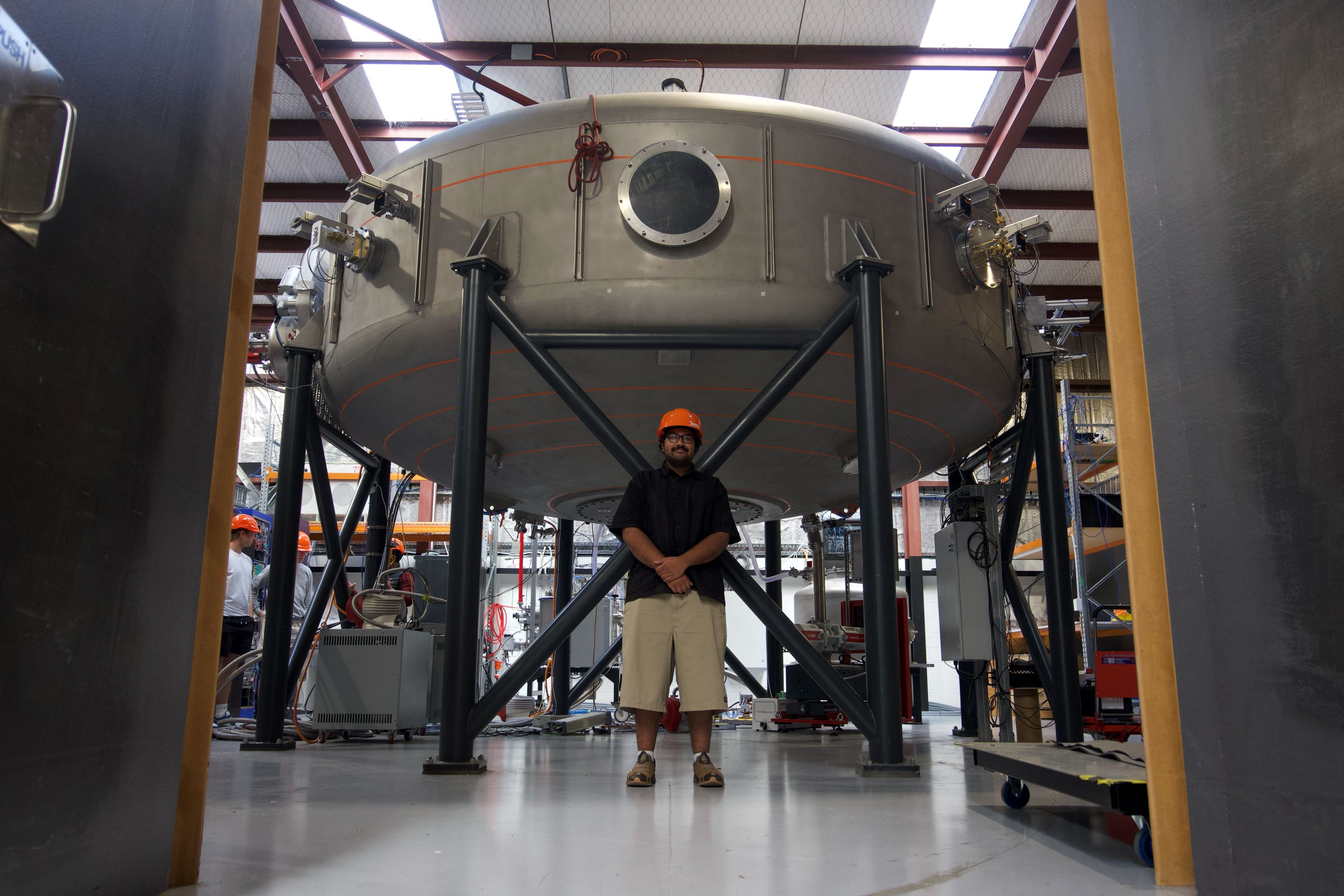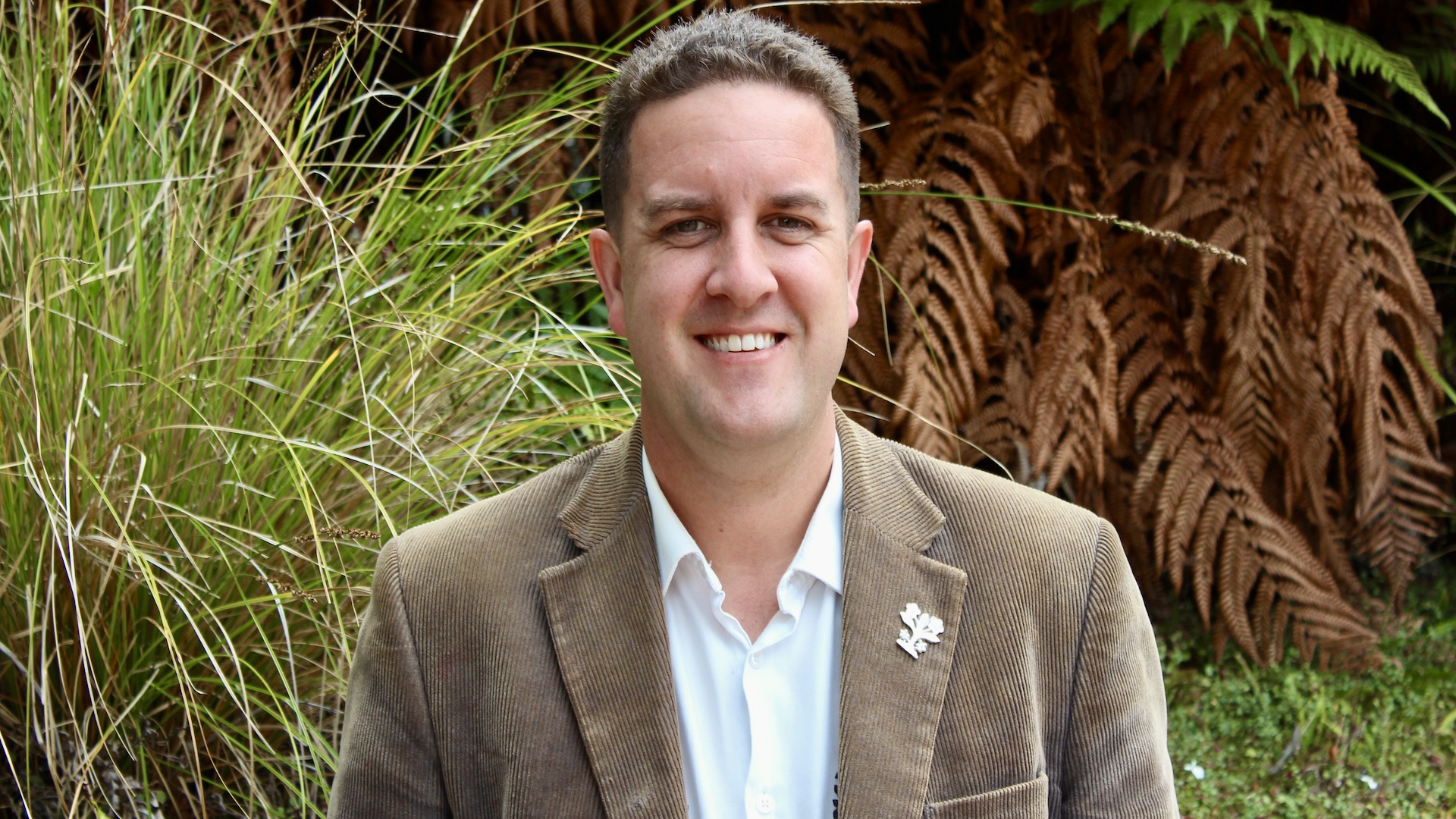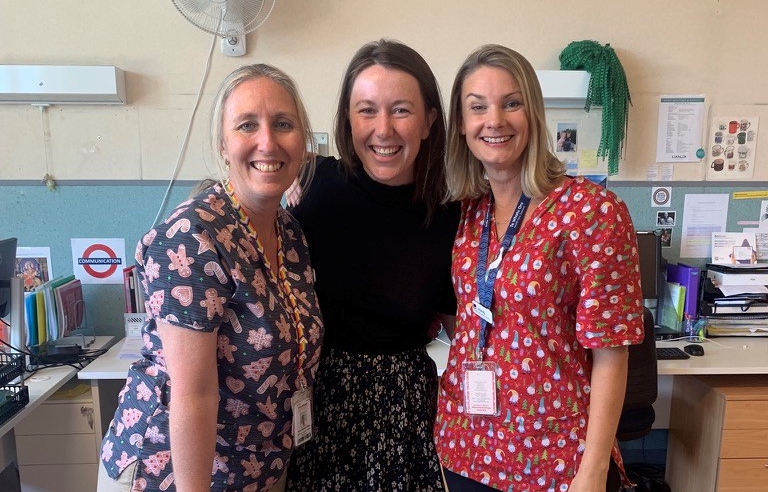Alex became interested in water and environmental issues from a young age. Growing up rurally just north of Christchurch he took an interest in our beautiful local rivers and streams and this naturally steered him towards studying natural resources engineering. It was during these studies that he sat through lectures on fluid mechanics from his supervisor Professor Roger Nokes and was inspired to learn more about how and why the air and water around us flows. Thus his PhD journey began. During his PhD he spent most of his time generating fluid currents in the laboratory, trying to understand physical phenomena that impact us every day. This research has far reaching implications from understanding sea breezes or dust storms to how large currents flow along the bottom of the ocean. A better knowledge of the world around us gives us more tools to do everything from protect human health during disasters to model and mitigate the effects of climate change. His hope is that his research can provide a small piece of the larger pule.
Alex’s thesis was on ‘Gravity currents interacting with rough boundaries’. In short, a gravity current is the flow of fluid caused by an unstable interface between dense and lighter fluid. A simple example of this phenomena is opening the front door to your warm house on a cold winter evening. The cold air outside is denser than the warm air inside so when you open the door the cool air will flow along the floor into your house. Gravity currents exist throughout the natural environment from dense, salty water flowing along the ocean floor to sea-breezes where ocean air travels beneath much warmer city air causing strong, cold winds. Alex’s research was to understand how large-scale rough boundaries impact gravity currents. For example, an engineer might want to understand how a sea-breeze flows through the city or an oceanographer may wish to understand how the sea-bed impacts currents in the ocean. Experiments are carried out in the laboratory by separating fresh water from salty water using a steel gate within a long channel. When the gate is removed the salty water flows along the channel beneath the fresh water. Objects are fixed to the bed of the channel and using visualisation techniques, for example mixing dye into the dense fluid then recording the currents with cameras, the behaviour of these currents can be observed. In particular, how the light and dense fluids mix and the impact of the roughness on the speed of the current is of interest.
Alex has recently started a job at Waimakariri District Council as a graduate engineer working predominantly on pipe network modelling. We wish him all the best for his new career challenges.




